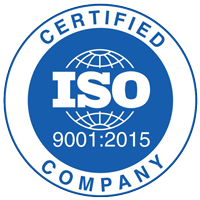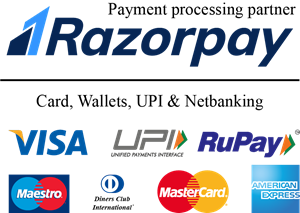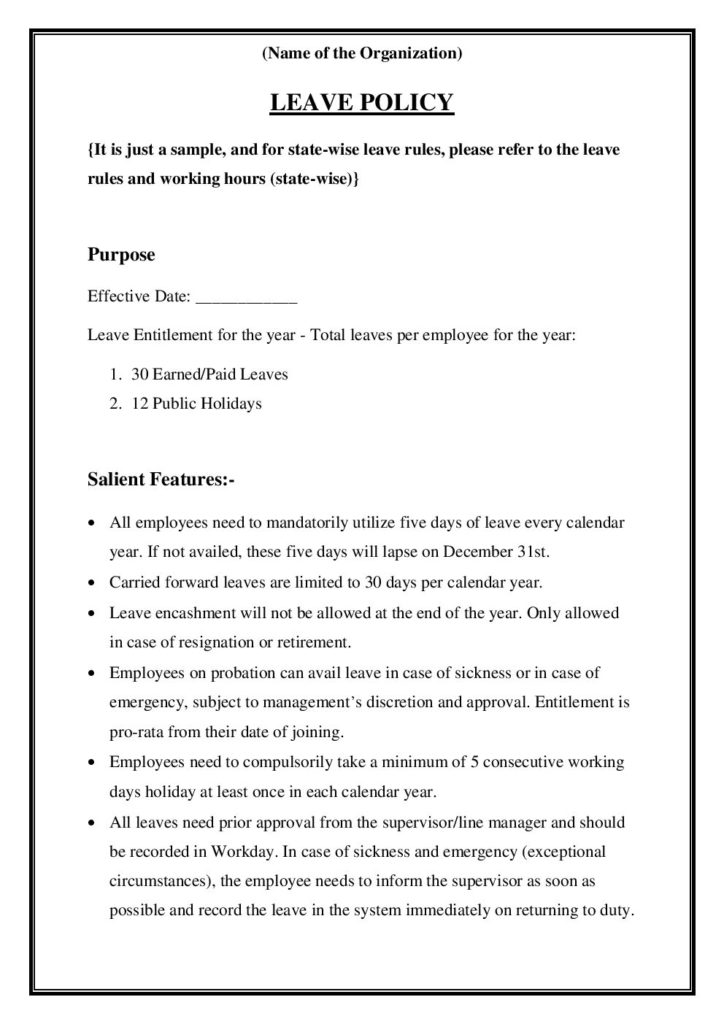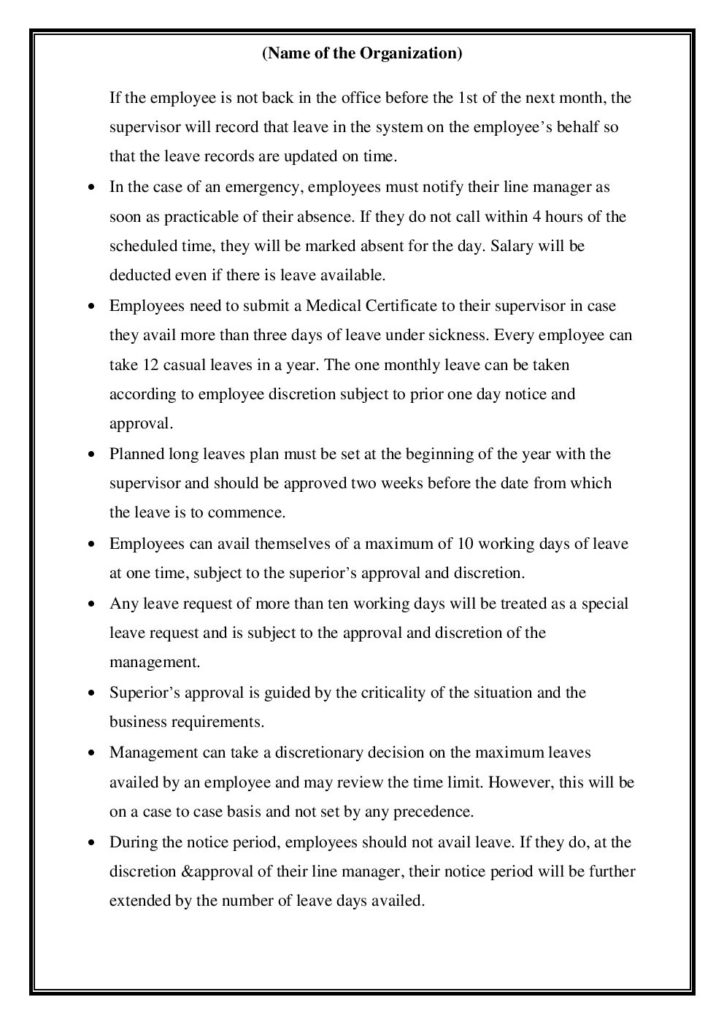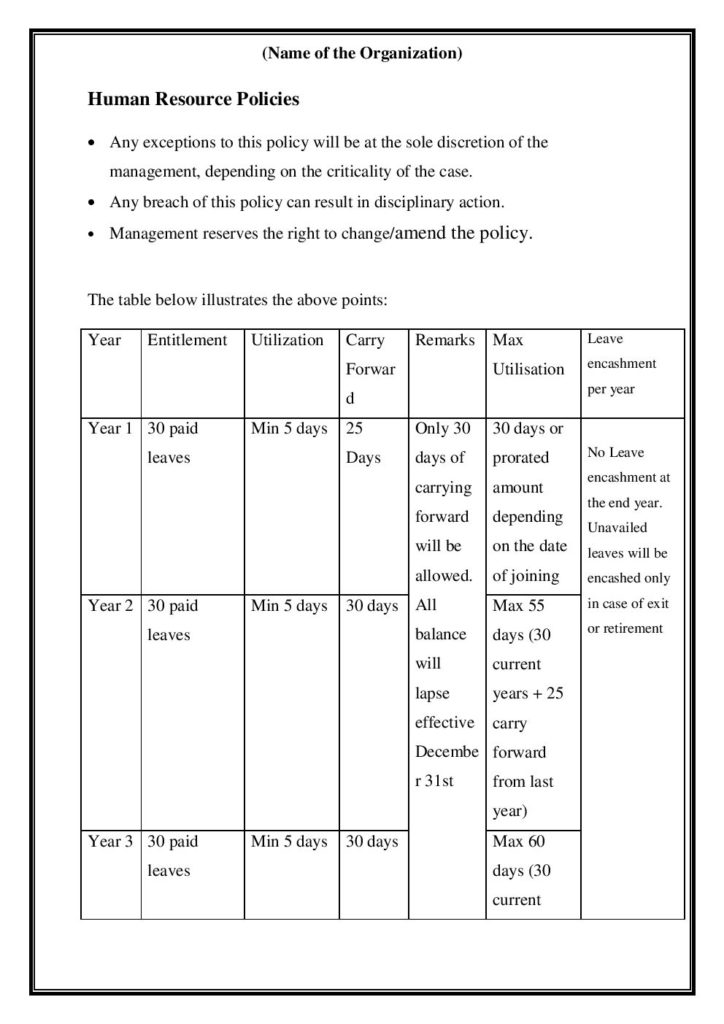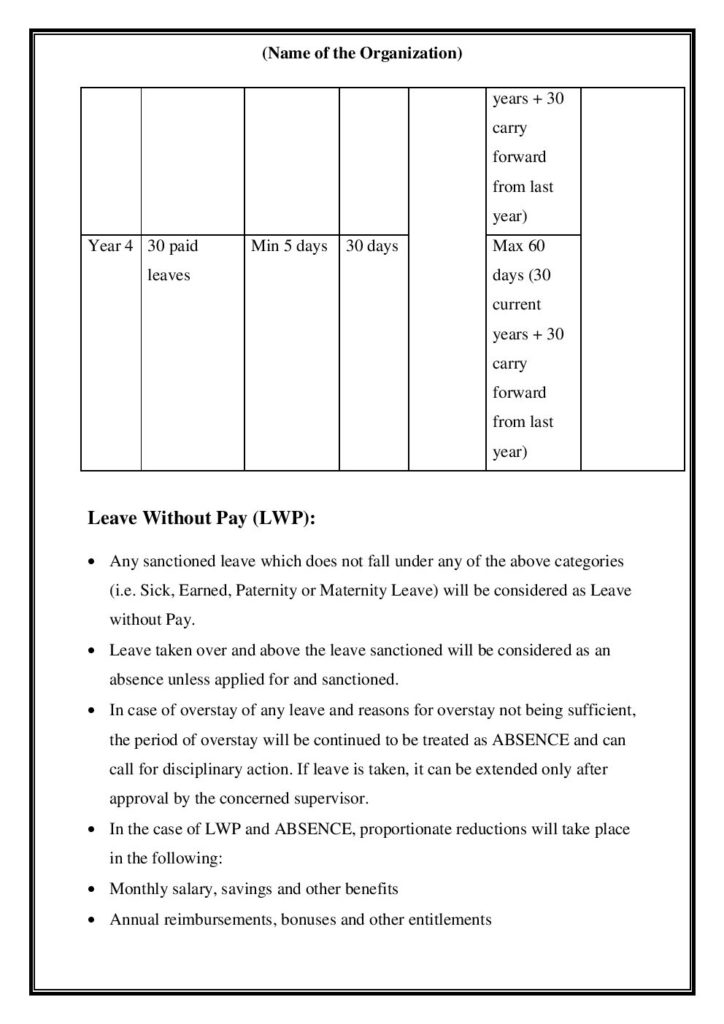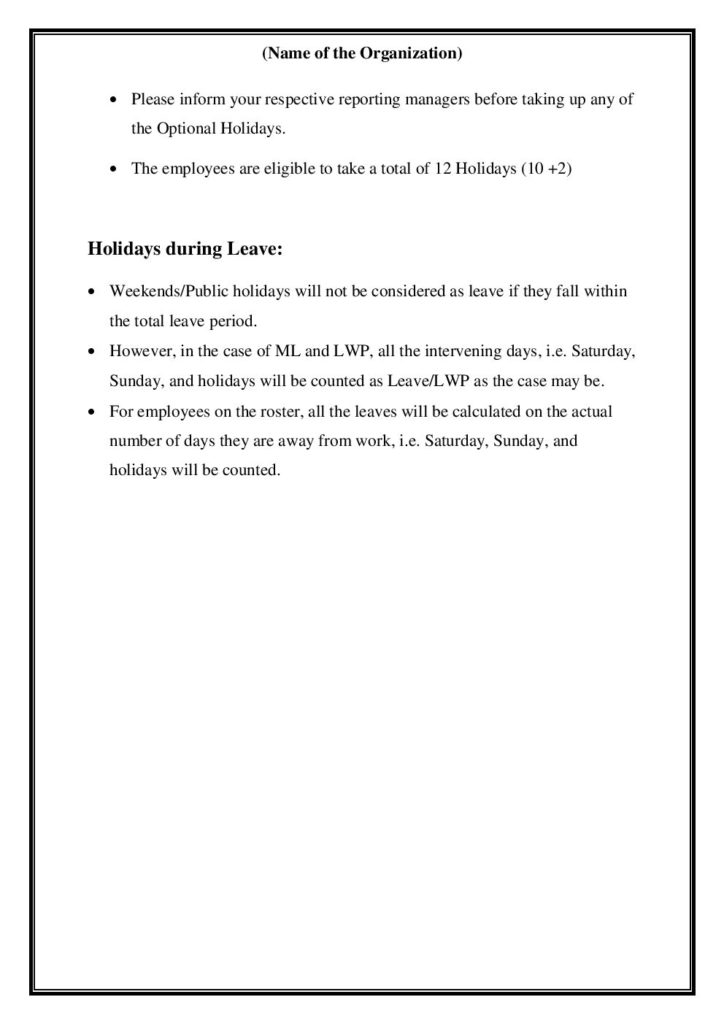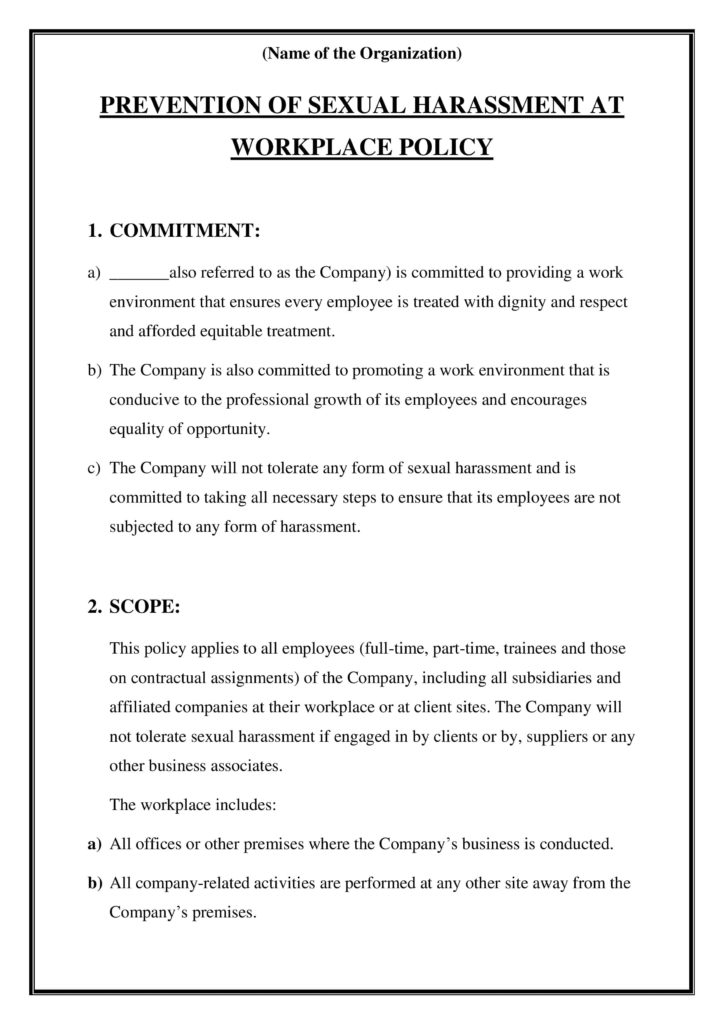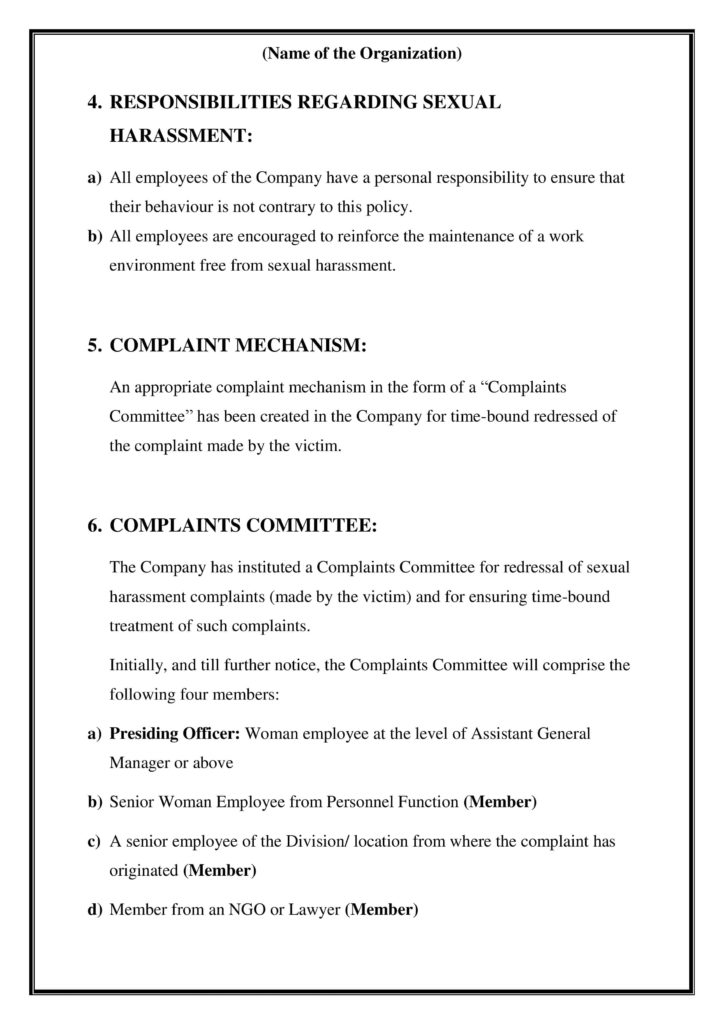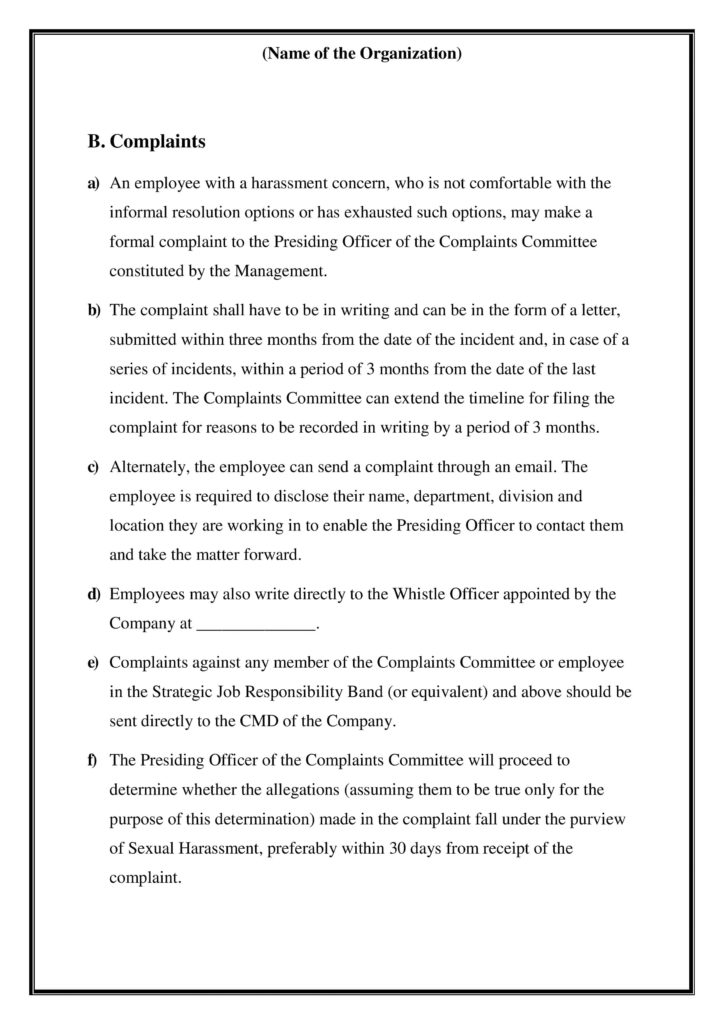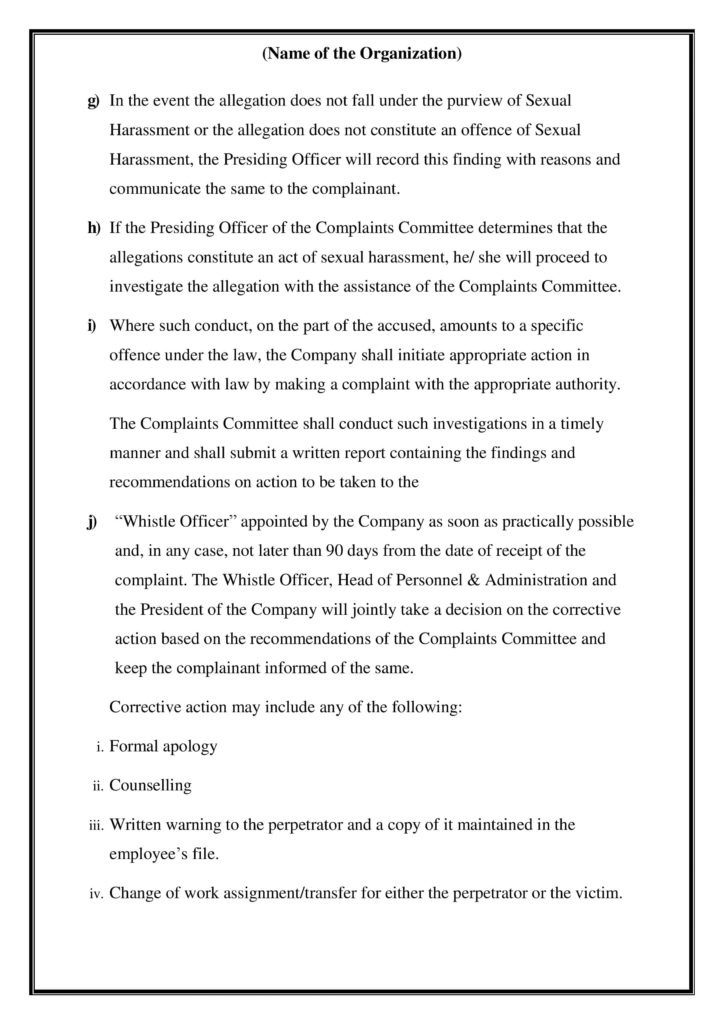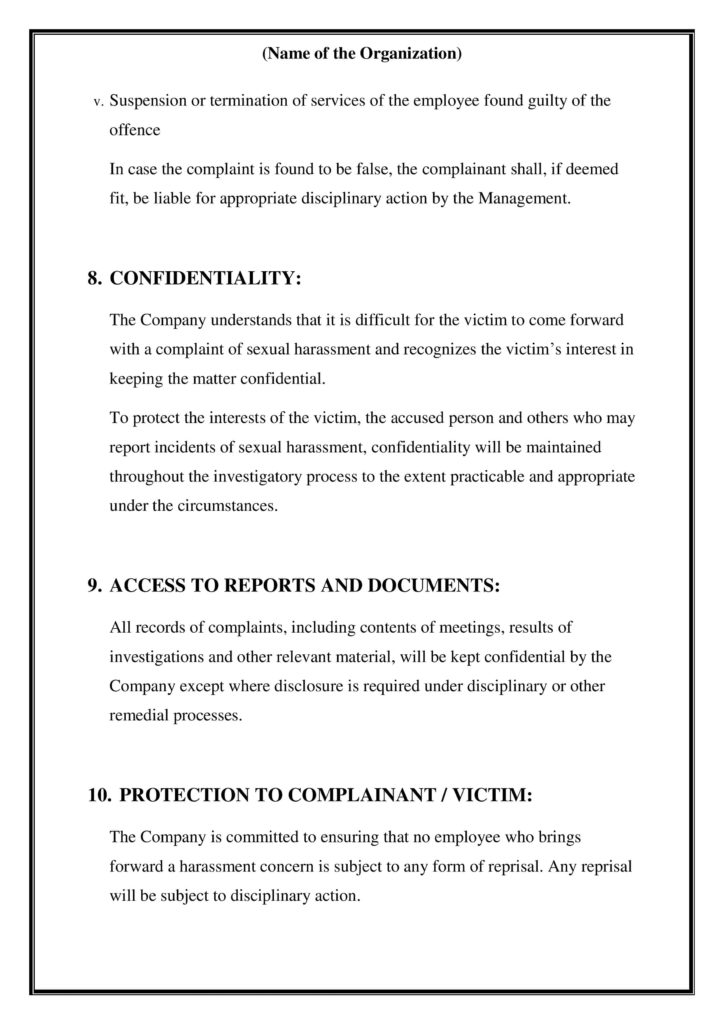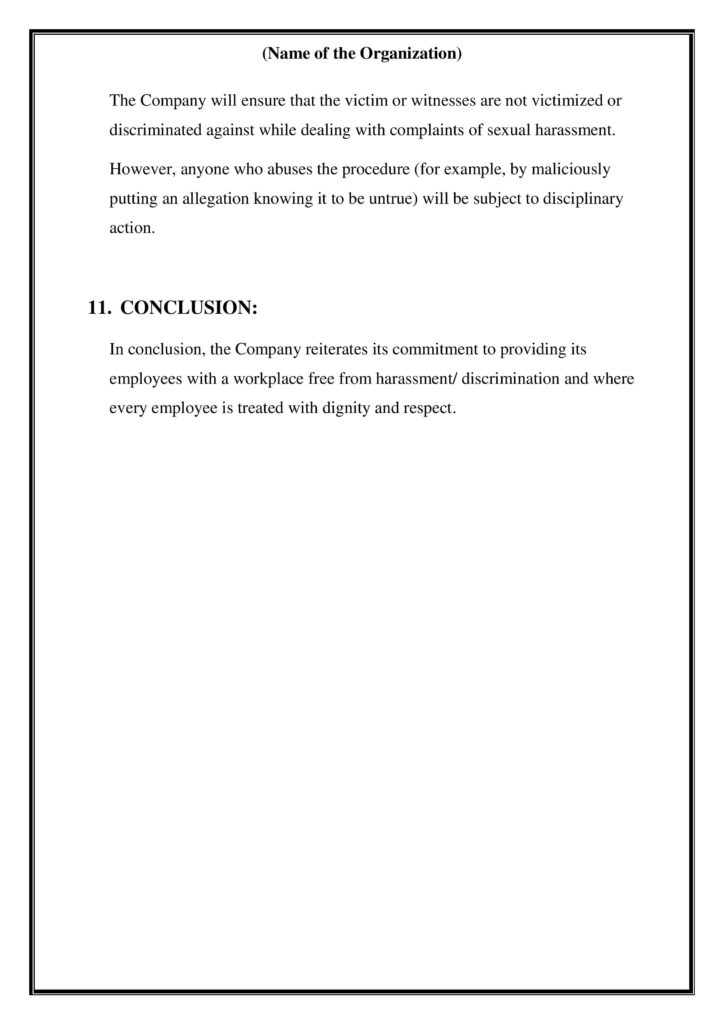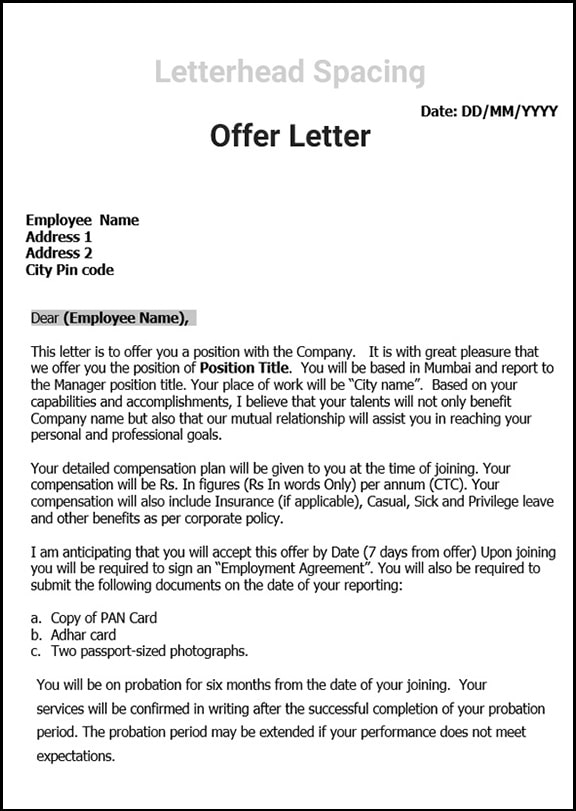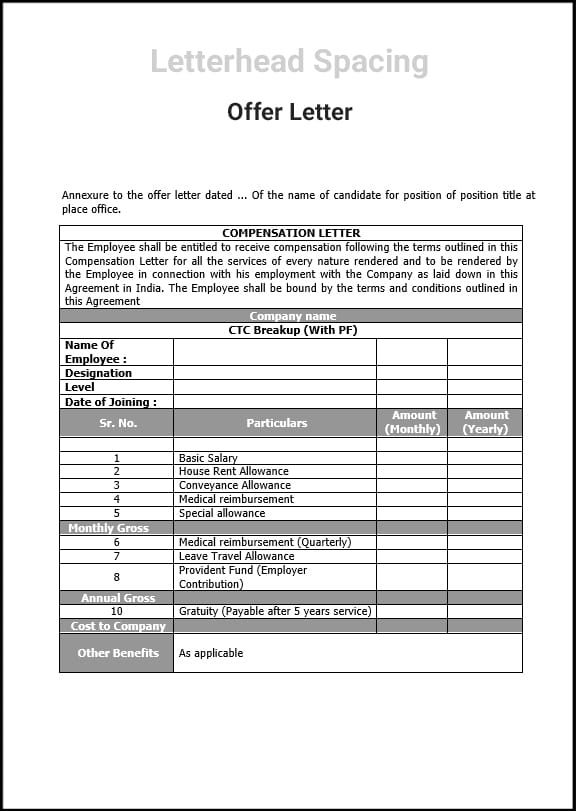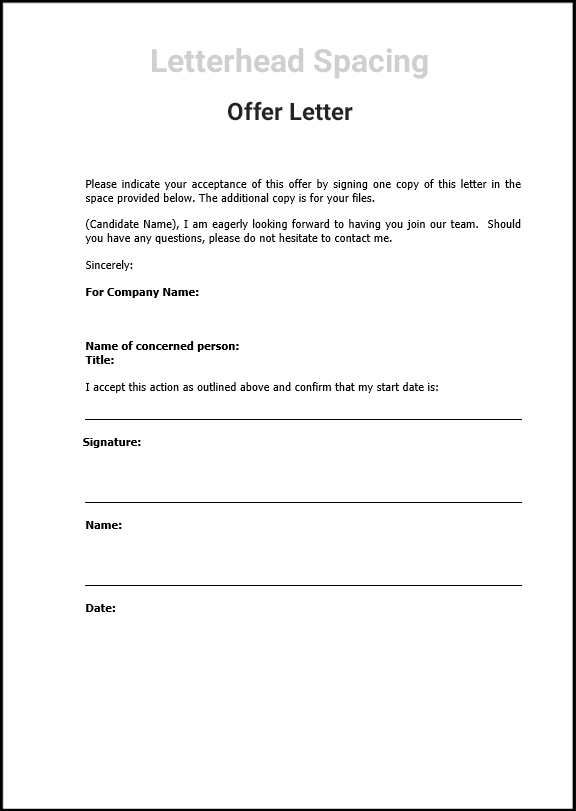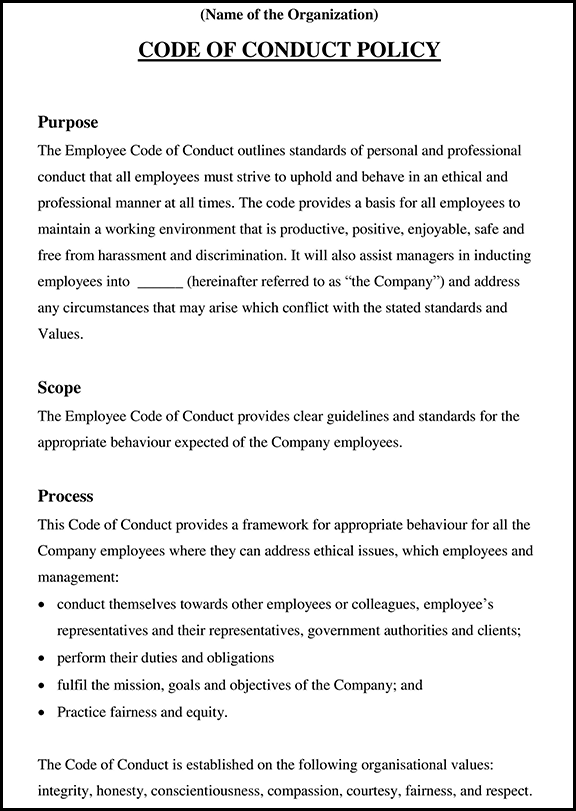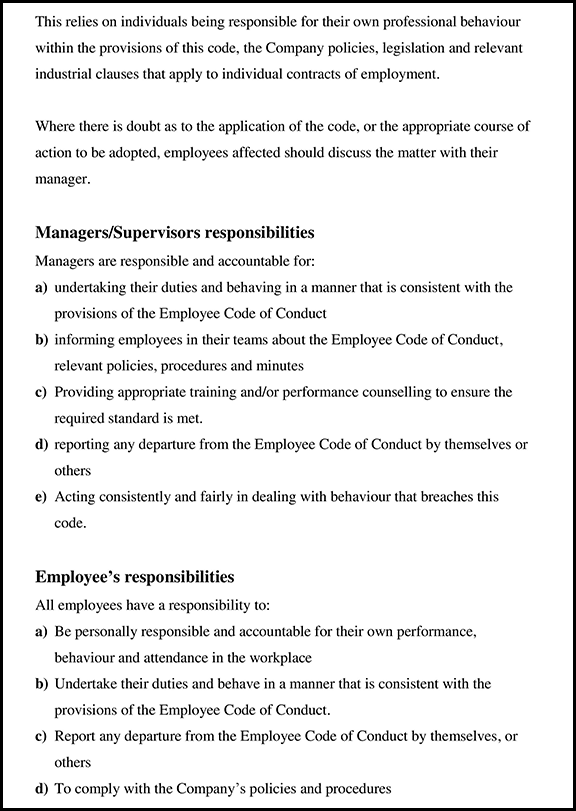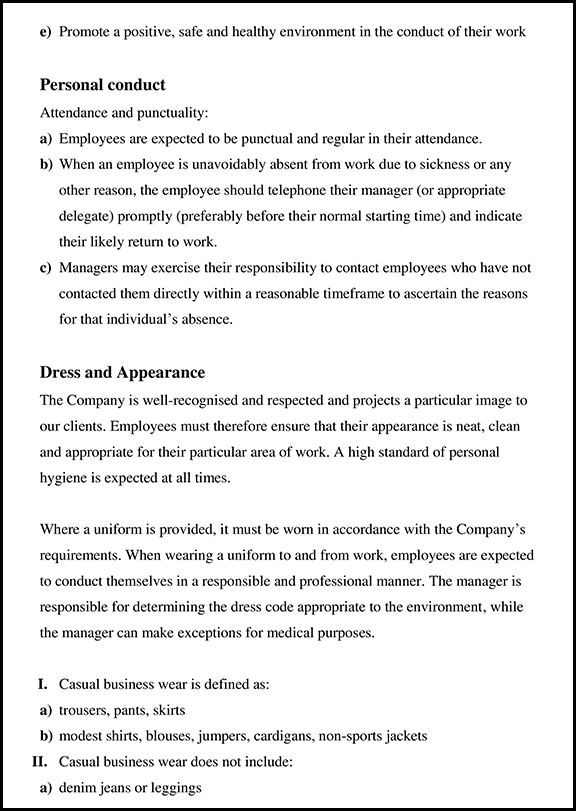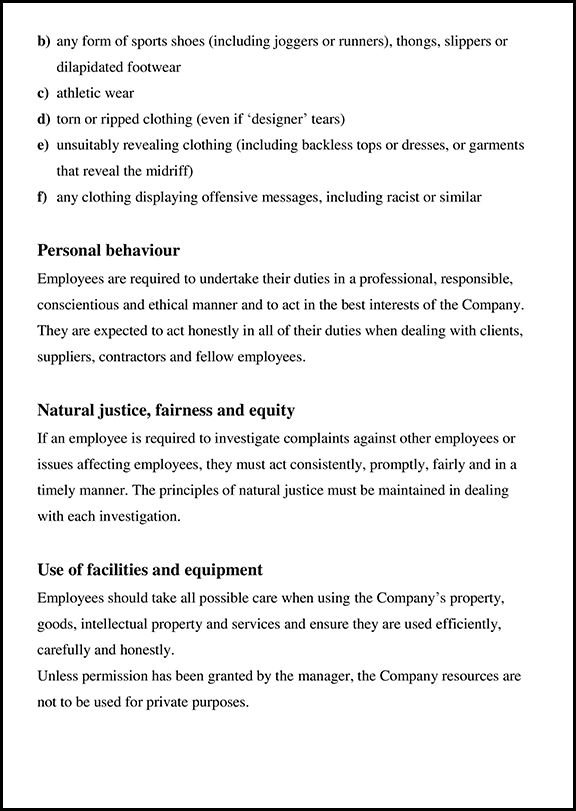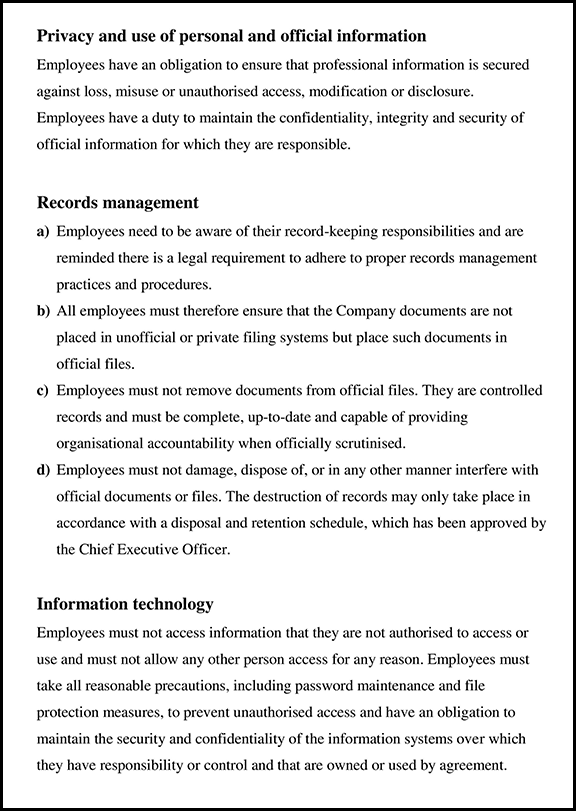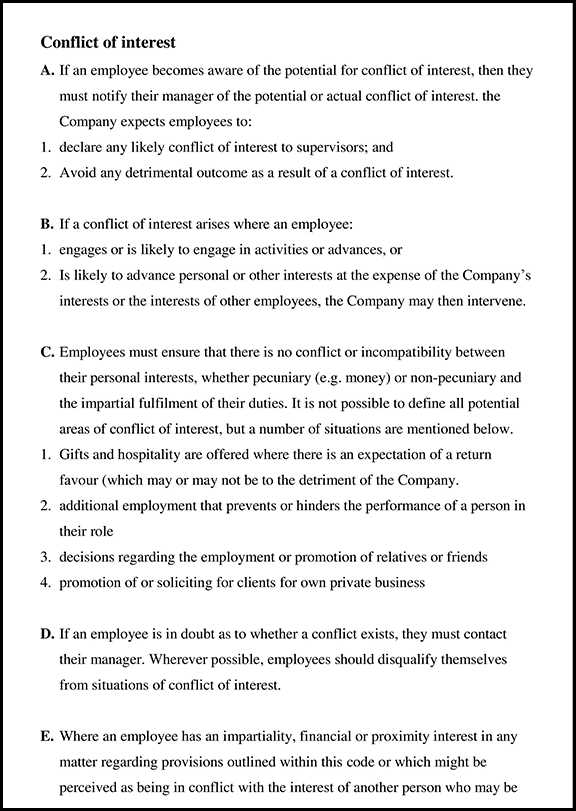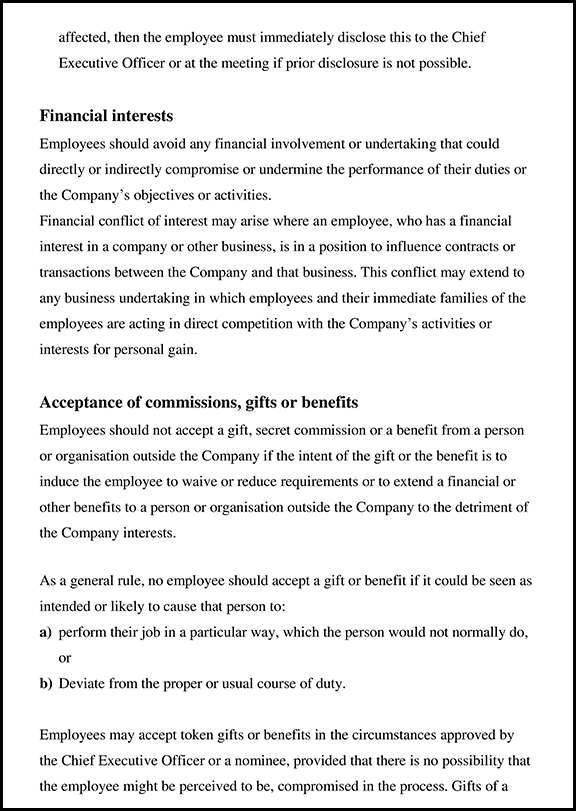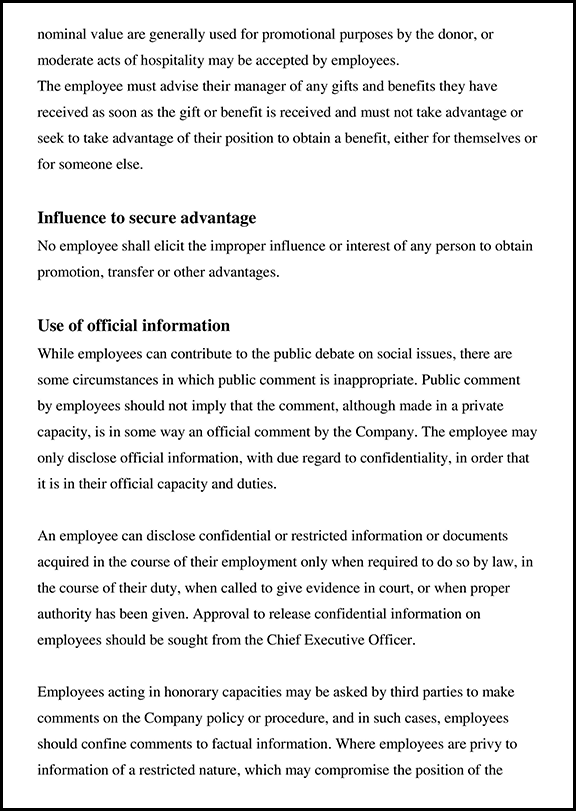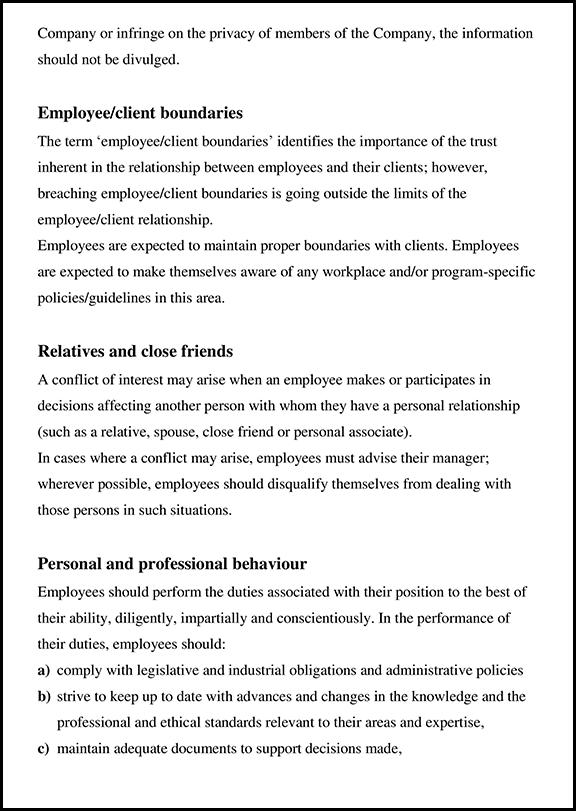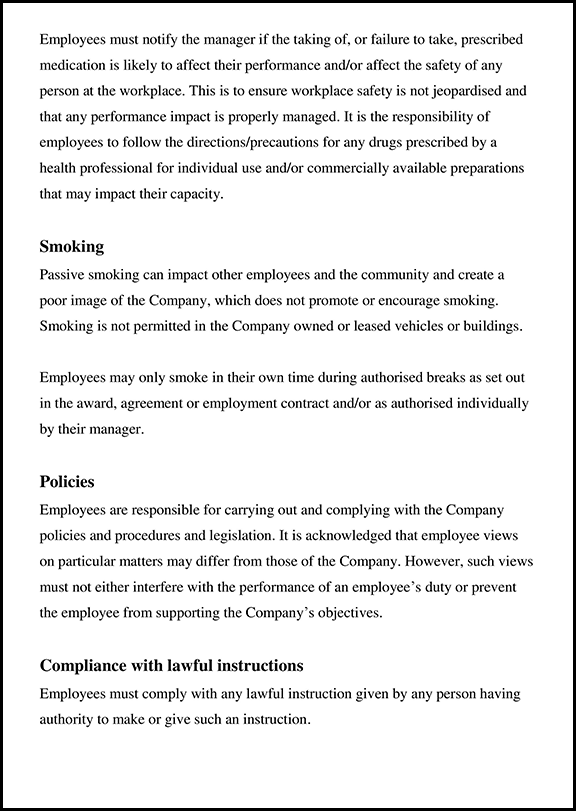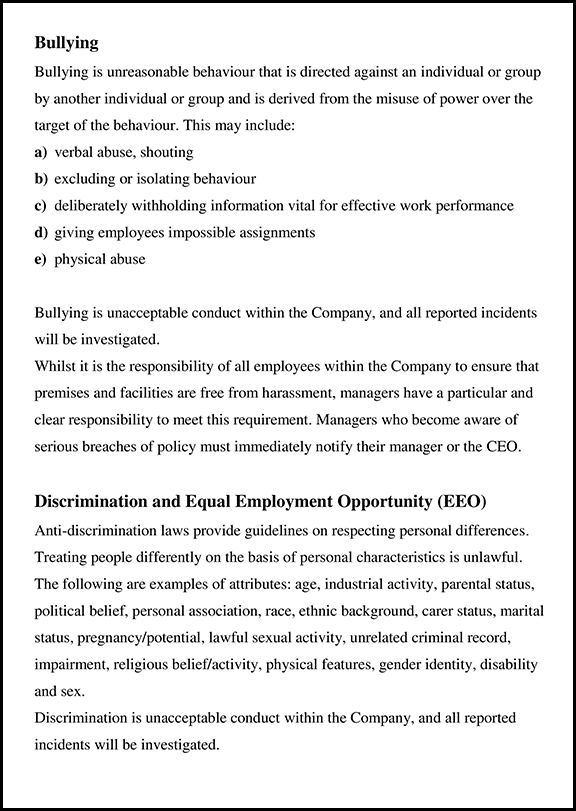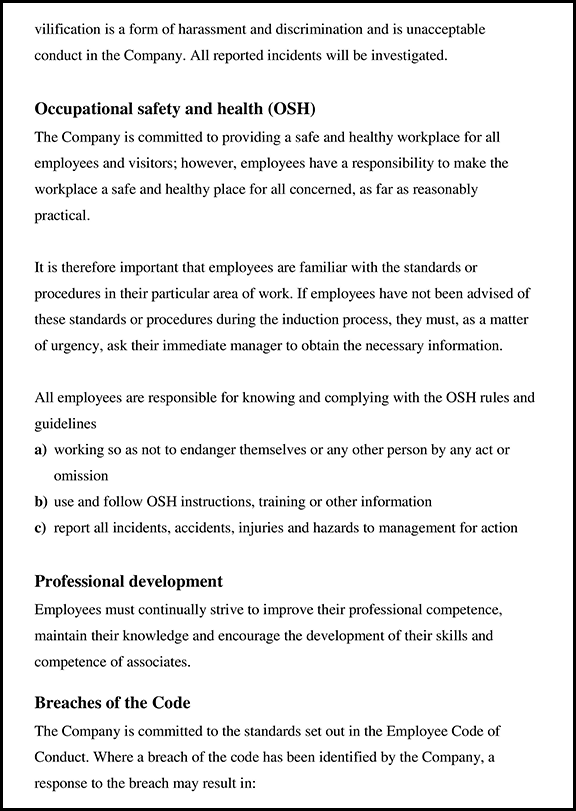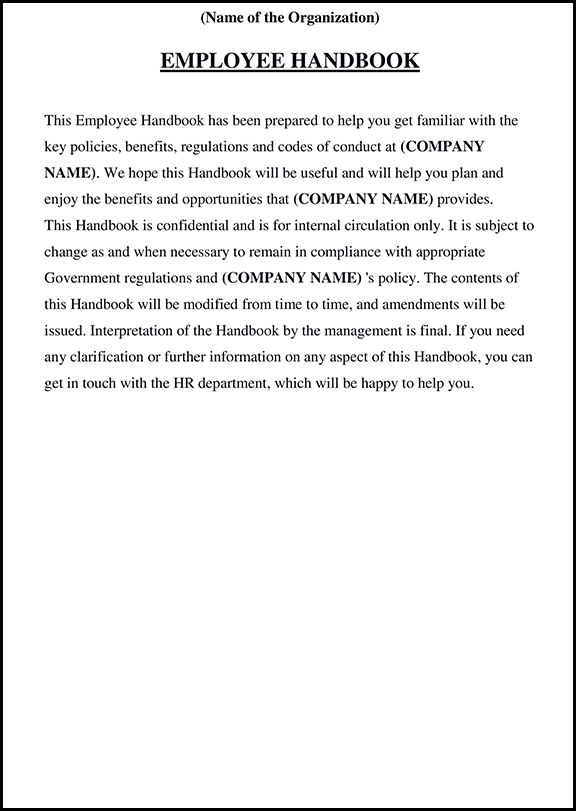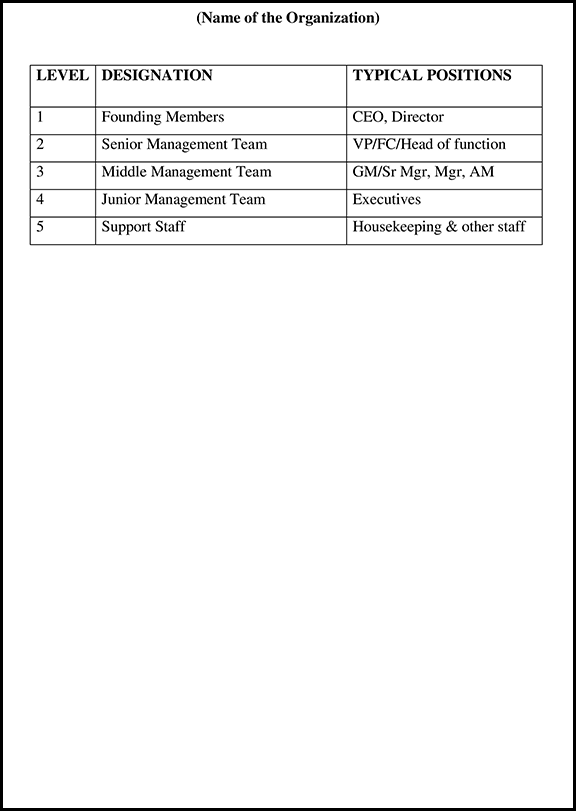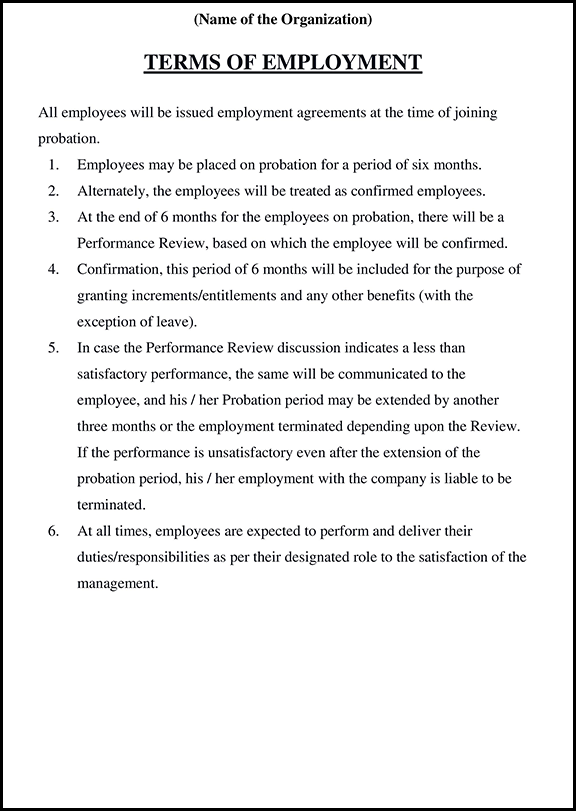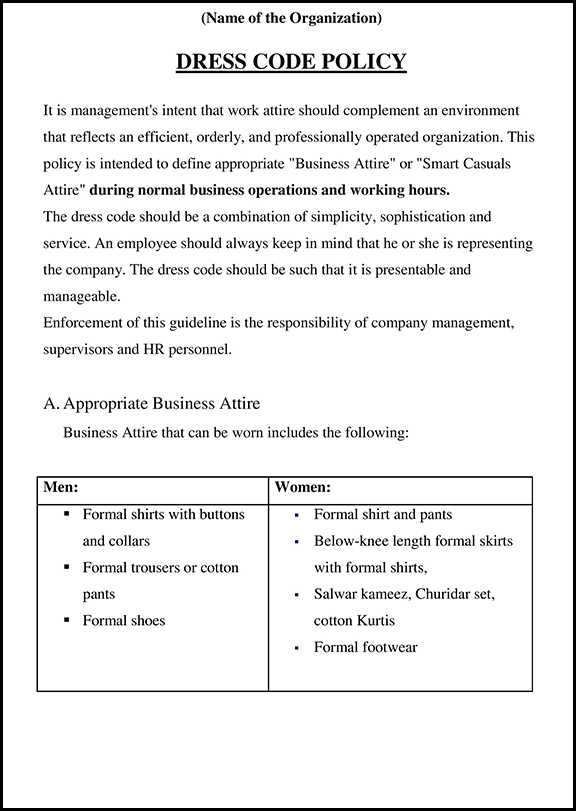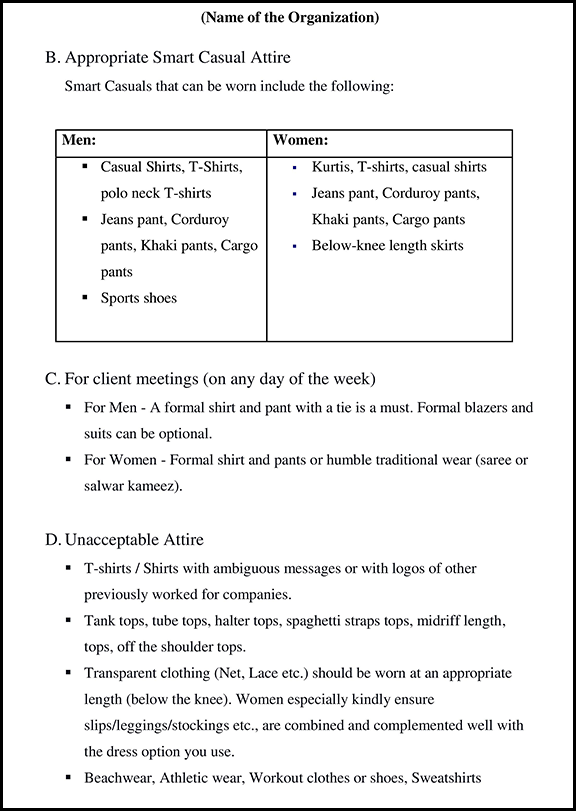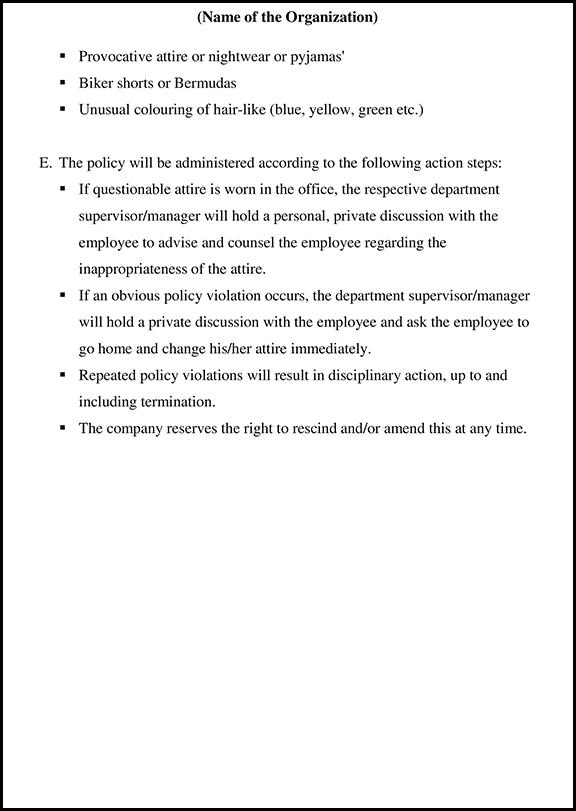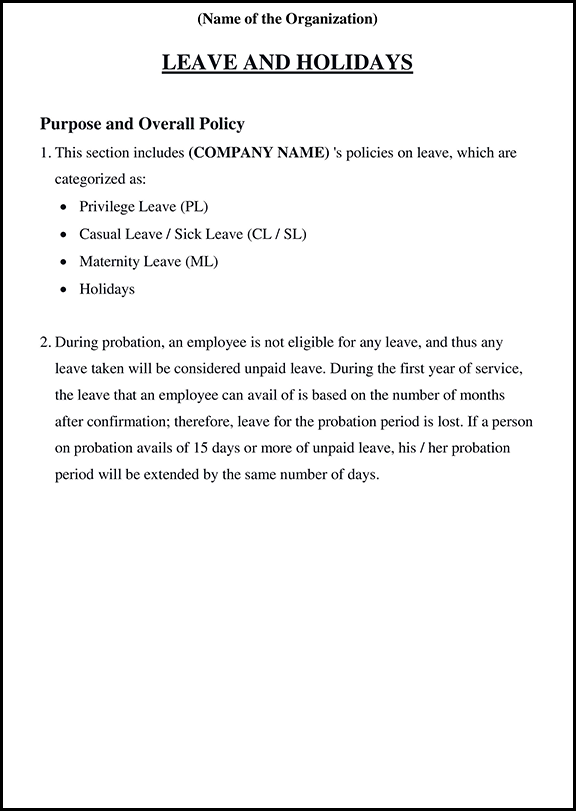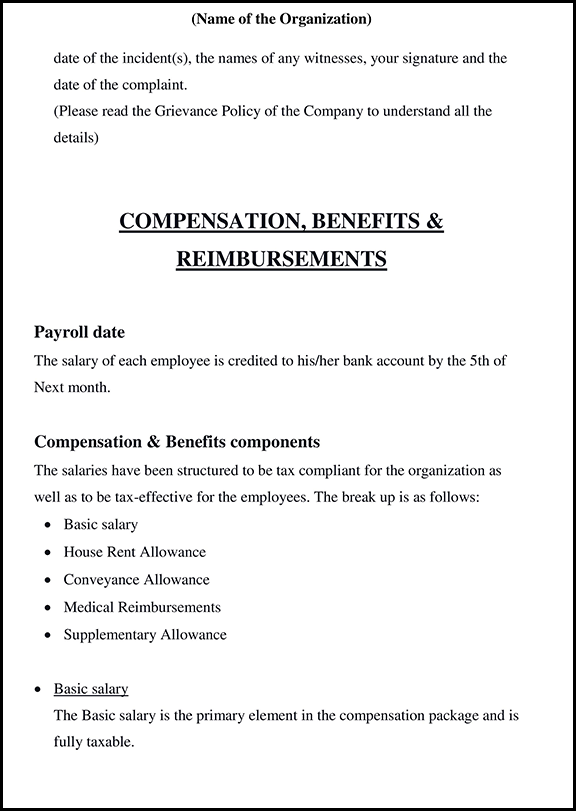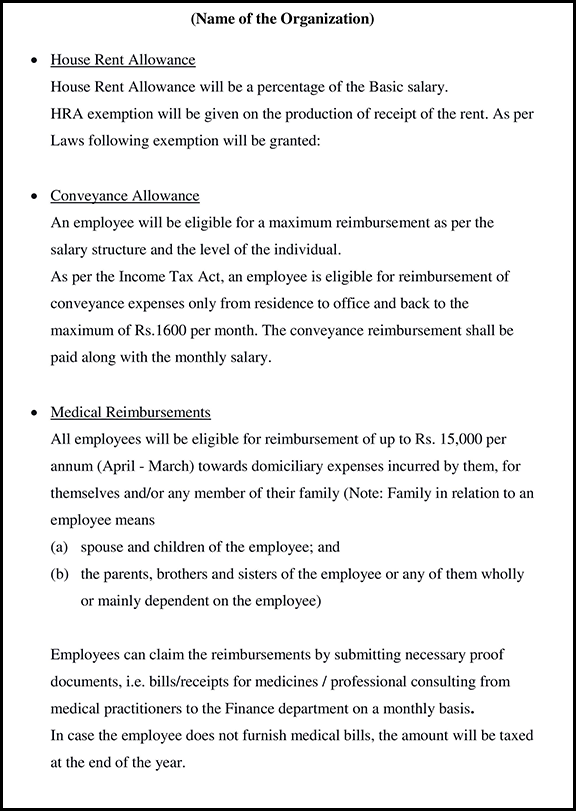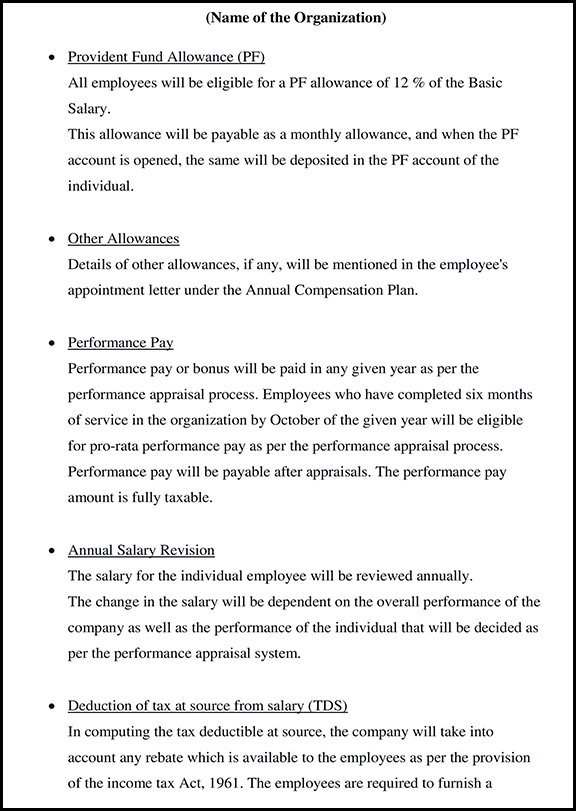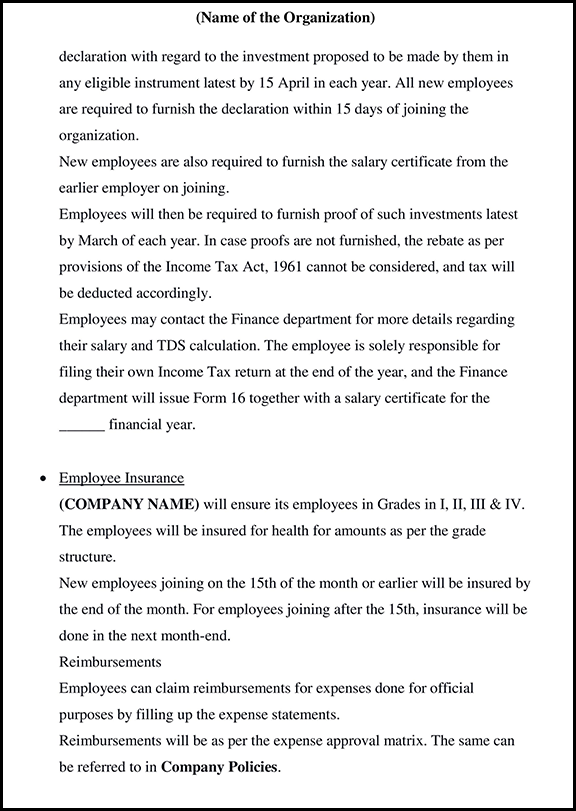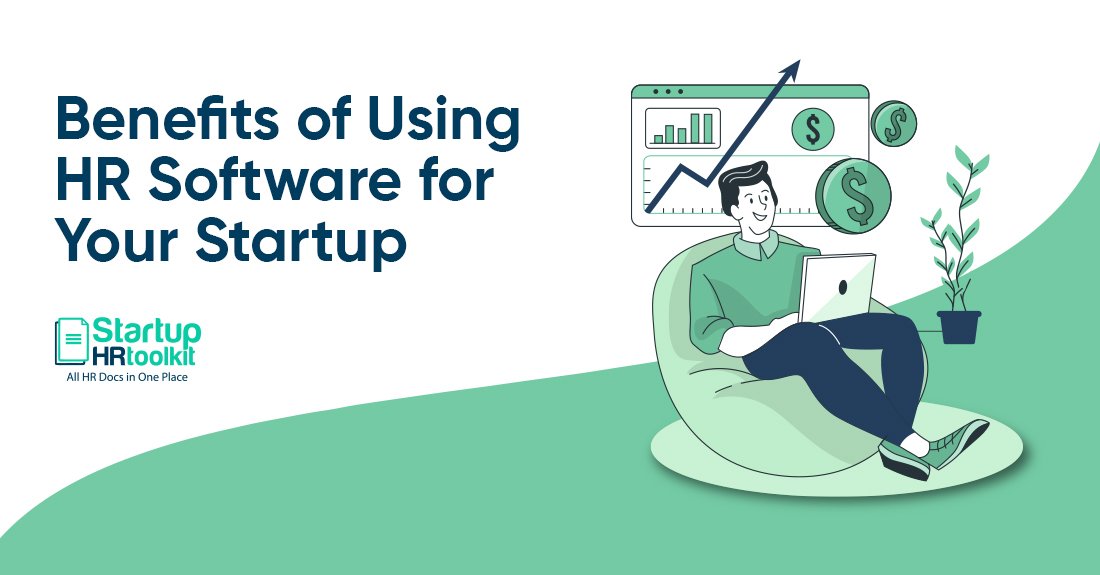
Importance of HR software: 11 Benefits You Can’t Ignore
Have you ever wondered how a company manages employee data, from recruitment to retirement? HRMS, or Human Resource Management System, is the answer. It’s a vital tool that automates HR processes, helps track employee performance, and ensures compliance with labor laws. Read & learn more about the Importance of HR software for any modern organization.
Why HRMS is Important?
If you are an HR professional, your biggest nightmare would be manually managing all your HR processes. Can you imagine running an entire office without HRMS Software? There are numerous parts an HR has to look for, from employee attendance tracking to payroll.
So, Why HR Software is Important for your Organization?
Optimizing is the key to a safe, improved, and efficient workplace in today’s fast-paced working environment and competitive culture. Another synonym for HRMS can be a simplification, an HR software handles various functions from the recruitment process, payroll software, performance management, and ATS to the Exit process.
With HRMS, companies can maintain accurate employee data, make informed decisions, increase efficiency, and ensure compliance with labor laws. Additionally, HRMS can help organizations reduce costs by optimizing their HR processes and avoiding costly errors.
Having and implementing HR software can make your work 10X faster and assist in managing all HR processes. You can discover the easiest way to manage your HR processes with StartupHR Toolkit.
Our partnerships with top HR software companies like Keka, Zimyo, 247HRM, Darwinbox, and more, StartupHR Software give you access to the best HR Software Demos. Also, you can enjoy up to 50% discounts on these powerful tools.
What are the Benefits of HRMS Software to Employees?
Here are 11 Reasons Why HR software is important?
1. Employee Data
HR software helps a company store and preserve an employee’s data, like employee address, phone number, employee history, emergency contacts, and tax withholding allowances. With the help of HR software, your company can keep track of your employees and their information. It reduces the need for manual record-keeping and increases the accuracy and security of employee data.
2. Smooth Documentation Process
Isn’t it better that all your HR documents are stored in one place, reducing the risk of misplaced or lost paperwork? It also provides a searchable database, making it easy for employees to find and access relevant documents.
After implementing HR software, it is easier for you as an HR to locate employees’ information according to your requirements. Also, we see from an employee perspective if an employee requires some information related to their employee lifecycle that is easily accessible.
3. Reduce Attendance Errors
Attendance can be easily tracked and managed through HR software. Employees can punch in and out from their devices and reducing the chances of errors. However, there can be errors when employees try to manually enter their attendance; this is why HRMS is important.
4. Hiring and Onboarding
HRMS software automates hiring and onboarding, reducing paperwork and simplifying communication between HR, managers, and new hires. It provides employees a smoother, more efficient onboarding experience, ensuring they have the necessary resources to succeed in their new role.
5. Payroll Management
You cannot afford any mistakes when discussing payroll management as an HR. The software simplifies payroll processing, automating the calculation of wages and taxes, reducing the potential for errors, and increasing the accuracy and timeliness of payroll processing. It lets employees view their pay stubs, tax withholding allowances, and other relevant payroll information. The management system automatically calculates the leaves and holidays of the employees and processes the salary to the employees accordingly.
6. Tax Management
HRMS software calculates taxes automatically and generates tax-related documents, reducing potential errors and ensuring compliance with tax regulations. Taxation is critical to every employee’s life, and managing tax-related information can be cumbersome. With HRMS software, employees can access their tax information, including tax deductions and contributions, in one place.
7. Compliance Management
Maintaining and managing labor laws, including tracking employee certifications, licenses, and training records can be a huge responsibility and hassle. But with HR software HR can easily manage all of these tasks. It helps employees to be compliant and reduces the chances of legal issues.
8. Employee Benefits
HRMS software provides employees with easy access to insurance and medical benefits information, including coverage, eligibility, and claims. It helps employees understand their benefits and make informed decisions about their healthcare options. They can also view and update their beneficiary’s and dependents’ information, ensuring their insurance coverage is accurate and up-to-date.
9. Mobile App
With the increasing use of mobile devices, HRMS software with mobile applications allows employees to access their HR data, such as leaves, benefits, and time-off requests, from anywhere at any time. It enhances accessibility and improves communication between employees and HR. They can also receive notifications for important HR updates, such as policy changes, important meetings, and deadlines.
10. Leave Management / Leave Requests
HRMS software automates the leave management process, allowing employees to request time off, view their leave balances, and track their time off. It ensures that employees are aware of their leave balances and can take time off without disrupting business operations. They can also view their co-workers’ schedules to ensure their time off request doesn’t conflict with others.
11. Performance Management
With the help of performance management software as an HR, you can easily track your employee’s performance through the software. And look after if the employee has completed their task, where they could be improved, and their strong points. You can help your employees learn about their performance through the HR software. It allows them to understand their performance expectations and work towards career development goals.
Till now, you must have understood the Importance of HR software and why you should implement it. Through this blog, you must have understood various aspects of HR Software and the benefits that would be provided to you. Effective implementation of HR software in your organization can lead to more significant benefits for your business.
Why do Companies Need HR Software?
As an HR manager at a fast-growing startup, you currently rely on manual record-keeping methods such as spreadsheets, excel, and forms to manage daily HR tasks. However, you have recognized the need to upgrade to HR software to improve your processes. To ensure that you make the best choice, we have gathered information on how to select the best HR software for your needs.
As we are moving towards a more technologically advanced environment, the utilization of HR software in organizations can lead to a shift in the roles of managers and employees, making them more strategic and engaged. By reducing paperwork and simplifying processes, HR software enables employees to concentrate on more complex responsibilities. It results in better planning, more strategic decision-making, and increased employee job satisfaction.
To manage core HR functions, you need to implement adequate systems, like complete HRMS software, that looks after all the processes, reduces your manual work to zero, and gives you the time to focus on more important tasks.
Features of HR Software
- Applicant tracking system (ATS)
- Onboarding tools
- Performance management
- Compensation and benefits management
- Time and attendance tracking
- HR analytics and reporting
- Succession planning
- Talent management and career development
- Employee engagement and feedback
- Compliance and regulatory management
- HR document management
- Payroll integration
- Mobile accessibility.






